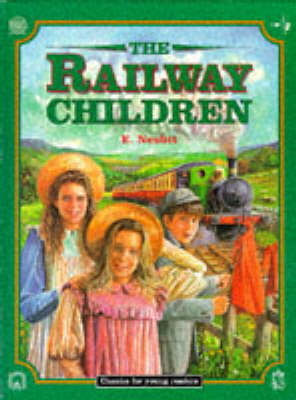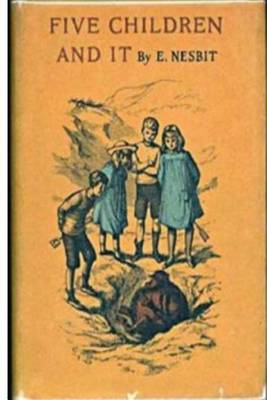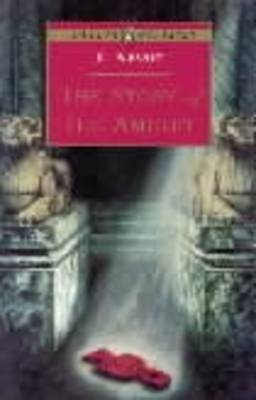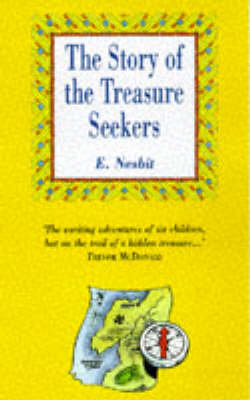Junior Classics
4 total works
Set in and around a country railway station at the turn of the twentieth century, the plight of the railway children grappling with their new environment is imaginatively brought to life for a modern audience while losing nothing of the original spirit of humour, tension, adventure and the final triumph of good over evil.-Large flexible cast
Five children find a cantankerous sand fairy in a gravel pit. Every day "It" will grant them a wish - which leads to disastrous and hilarious results. In the introduction, Sandra Kemp examines Nesbit's life and her reading, showing how she was poised between the Victorian world and a new era in which children in literature were no longer mere projections of the adult viewpoint. She also examines how the narrative is structured around the acting out of literary fantasies, which always come back down to earth. Nesbit combines implausible events with the prosaic and familiar, and Kemp illuminates her exploration of the shifting relationship between imagination, literature and life.
At the end of Five Children and It the five children promised not to ask the Psammead for another wish as long as they lived, but expressed a half wish to see it again some time. They find 'it' again in a pet shop in Camden Town, and their magic adventures start over again. 'It' leads them to a magic amulet - half of it actually - which they use it to try and find the other half. It takes them back to ancient Egypt and Babylon. The Queen of Babylon visits them in London, bringing all her ancient customs with her - which is awkward. They visit the lost continent of Atlantis. They see Julius Caesar in the flesh, but none of these adventures run smoothly, and if they forget the 'word of power' or lose the amulet, what would happen to them?
The six Bastable children are very resourcef ul, and when their father''s business fails, they desperately want to help, and come up with many ingenious ideas, some o f which lead to trouble. This classic story is introduced by Trevor McDonald. '



